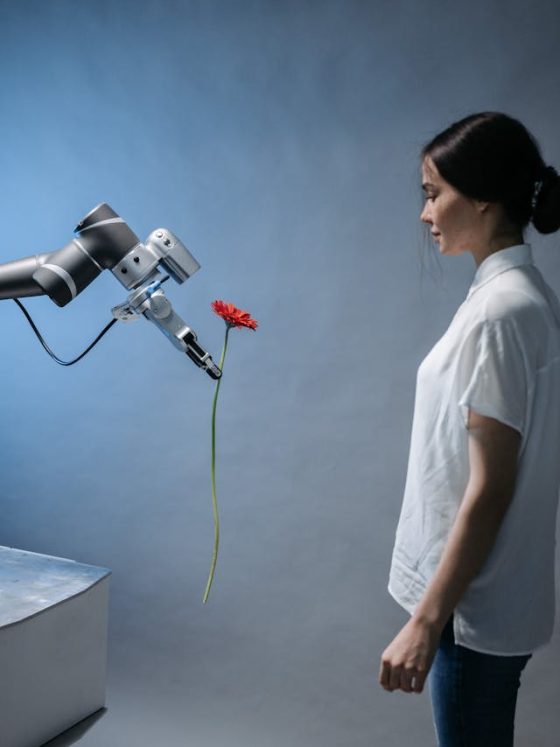In our increasingly digital lives, algorithms have become the invisible architects of our reality. They curate our news feeds, recommend our purchases, suggest our next binge-watch, and even influence our social connections. The promise is convenience, personalization, and efficiency. But beneath this veneer of helpfulness lies a subtle, yet insidious, form of control: the tyranny of the algorithm.
This tyranny isn’t about overt oppression; it’s far more subtle. It operates by nudging, filtering, and shaping our choices, often without our conscious awareness. By optimizing for engagement, algorithms can create echo chambers, reinforce existing biases, and limit our exposure to diverse perspectives. The world we experience online becomes a carefully constructed bubble, tailored to keep us clicking, scrolling, and consuming.
Consider the implications for critical thinking and individual agency. If our information diet is entirely curated by an algorithm designed to confirm our existing beliefs, how do we develop the capacity for independent thought? If our choices are constantly narrowed by recommendations, how do we discover true novelty or challenge our own preferences? We risk becoming passive recipients of algorithmic dictates, trading genuine freedom for the illusion of personalized convenience.
This is particularly dangerous when algorithms are applied to areas like education, healthcare, or even political discourse. If a student’s learning path is entirely determined by an algorithm, does it foster genuine curiosity or merely optimize for test scores? If a patient’s treatment options are solely based on algorithmic recommendations, does it account for their unique values and preferences? If our political views are shaped by algorithms designed to maximize outrage, what happens to civil discourse and democratic debate?
The greatest threat to human freedom in the AI age isn’t a robot overlord, but the subtle erosion of our capacity for independent thought and choice, orchestrated by algorithms designed for profit and engagement.
– Dr. Rob Konrad
The greatest threat to human freedom in the AI age isn’t a robot overlord, but the subtle erosion of our capacity for independent thought and choice, orchestrated by algorithms designed for profit and engagement. We must reclaim our agency, demand transparency, and learn to navigate the algorithmic landscape with critical awareness.
To resist the tyranny of the algorithm, we must:
- Cultivate Algorithmic Literacy: Understand how algorithms work, what data they use, and how they influence our choices.
- Seek Diverse Information: Actively seek out information and perspectives that challenge our existing beliefs.
- Demand Transparency: Advocate for greater transparency in algorithmic decision-making, especially in high-stakes areas.
- Prioritize Human Connection: Recognize that genuine human interaction and diverse social networks are essential antidotes to algorithmic isolation.
- Reclaim Our Time: Consciously limit our exposure to algorithmically driven platforms and engage in activities that foster independent thought and real-world connection.
The convenience offered by algorithms is undeniable, but it comes at a cost. The true measure of our progress in the AI age will be our ability to harness the power of algorithms without surrendering our freedom, our critical thinking, or our capacity for genuine human experience. The choice, for now, remains ours.





